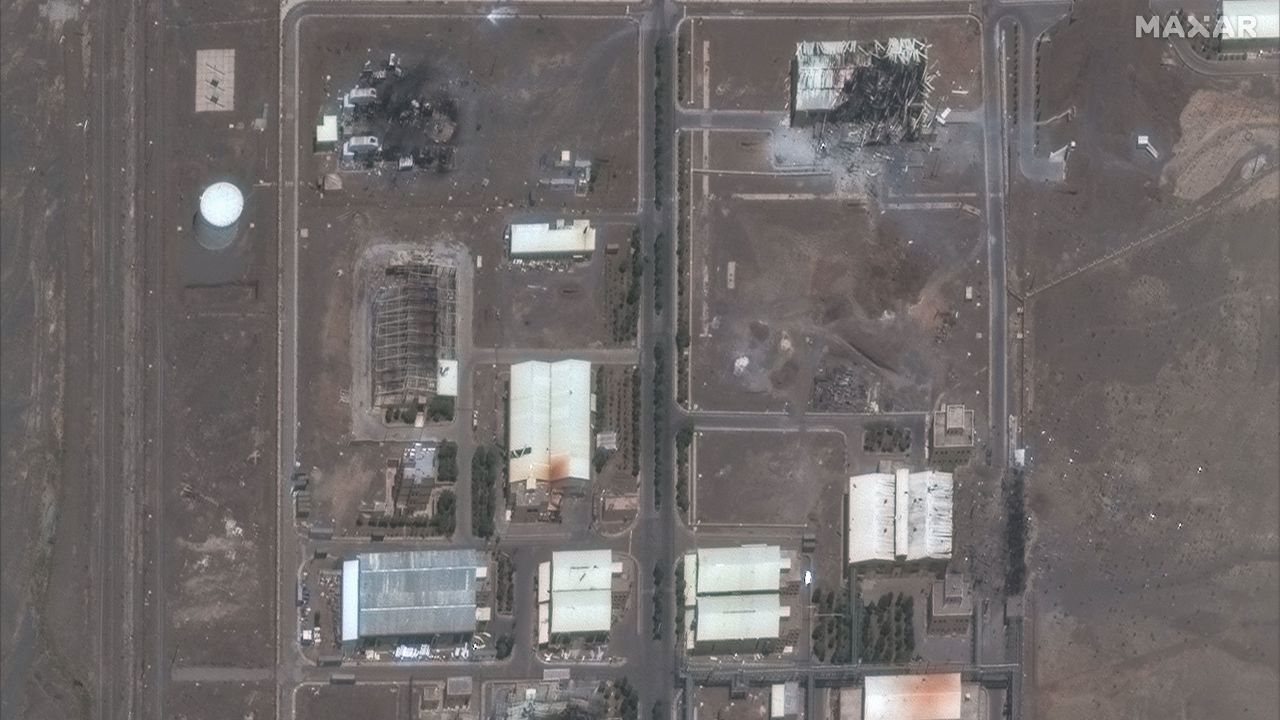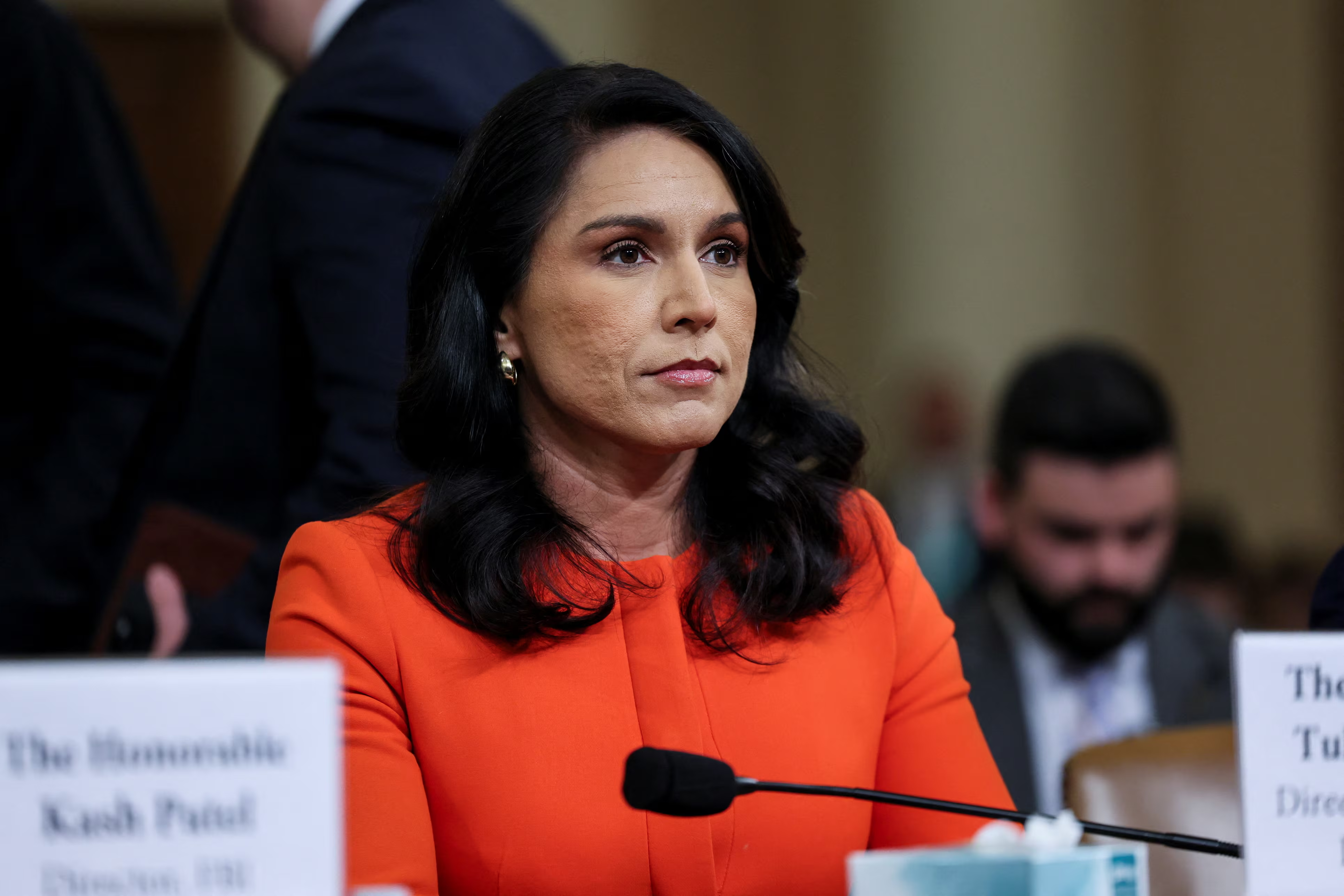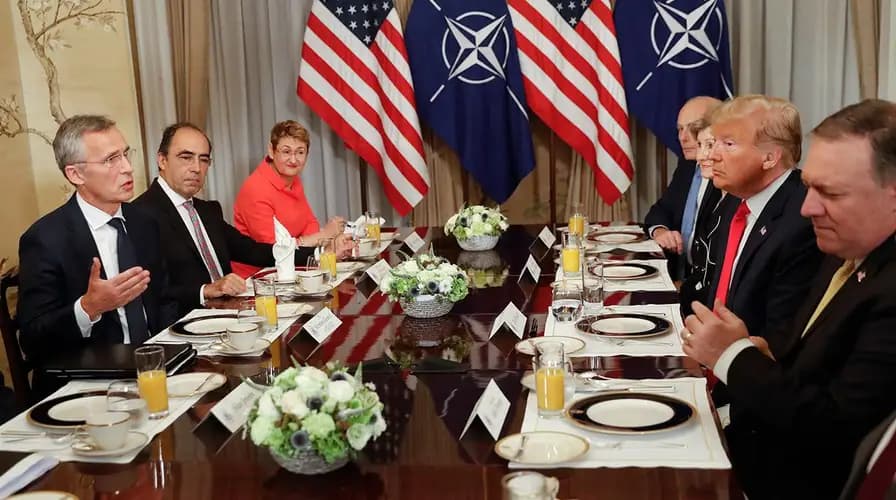As tensions escalate between the U.S. and Iran, former President Donald Trump"s recent statements about the obliteration of Iran"s nuclear facilities have been met with sharp scrutiny. What was once a bold declaration has turned into a tangled web of contradictions, leaving the international community questioning the integrity of U.S. intelligence and the safety of millions.
Trump"s Confusing Statements Raise Questions
During his arrival at the NATO conference in the Netherlands, Trump proclaimed that the intelligence regarding Iran"s nuclear facilities was inconclusive. He stated, "The intelligence says we don’t know, it could have been very severe." This statement contradicts earlier claims of complete destruction, leading to significant confusion about the actual status of Iran"s nuclear capabilities. As reported by NPR, early intelligence assessments suggest that while some damage was done, Iran"s nuclear program could be back in operation within months.
Mixed Intelligence Reports Undermine Credibility
The conflicting statements from Trump and intelligence agencies have raised serious concerns about the reliability of U.S. intelligence assessments. According to a statement from Director John Ratcliffe, there is credible evidence that Iran"s nuclear program has been severely damaged by targeted strikes. However, the ongoing debate about the extent of this damage has left many wondering whether Trump"s assertions were based on fact or merely political posturing. The Brookings Institution highlights that this inconsistency can lead to severe repercussions, including a potential arms race in the region.

Israel attacked three key Iranian nuclear facilities. Did it ...
The Implications for Global Security
Trump"s misleading rhetoric poses a serious risk to global security, especially as tensions between Israel and Iran continue to rise. The U.S. strikes on Iranian sites have been framed as a decisive action against nuclear proliferation, yet the ambiguity surrounding the effectiveness of these strikes raises alarms. Experts warn that if Iran"s nuclear capabilities are not fully dismantled, the country may accelerate its efforts to develop nuclear weapons, putting millions of lives at risk. The Middle East Institute points out that this could lead to a catastrophic escalation of conflict in an already volatile region.
The Human Cost of Political Blunders
As the world grapples with the fallout of these military actions, it"s essential to consider the human cost. The Iranian population faces the brunt of this geopolitical struggle, as sanctions and military actions can lead to severe humanitarian crises. Access to healthcare, food security, and basic human rights for millions of Iranians hang in the balance, illustrating the dire need for a diplomatic resolution rather than military escalation. According to Harvard"s Graduate School of Arts and Sciences, ongoing military actions without clear objectives only serve to exacerbate suffering and instability.

US Intelligence chief"s briefing in Senate rescheduled due to ...
The Urgent Need for Transparency and Accountability
In light of these developments, there is a pressing need for transparency and accountability within the U.S. government regarding foreign military actions. Citizens deserve clarity on the true state of national security threats and the effectiveness of military interventions. The convoluted messaging from Trump only fuels distrust and skepticism about government intentions, which can jeopardize public support for necessary actions to ensure security. The time has come for an honest dialogue about the implications of U.S. foreign policy, as the stakes have never been higher for both the American public and the global community.



![[Video] Gunfire between Iraqi security forces and Sadr militias in Baghdad](/_next/image?url=%2Fapi%2Fimage%2Fthumbnails%2Fthumbnail-1768343508874-4redb-thumbnail.jpg&w=3840&q=75)
